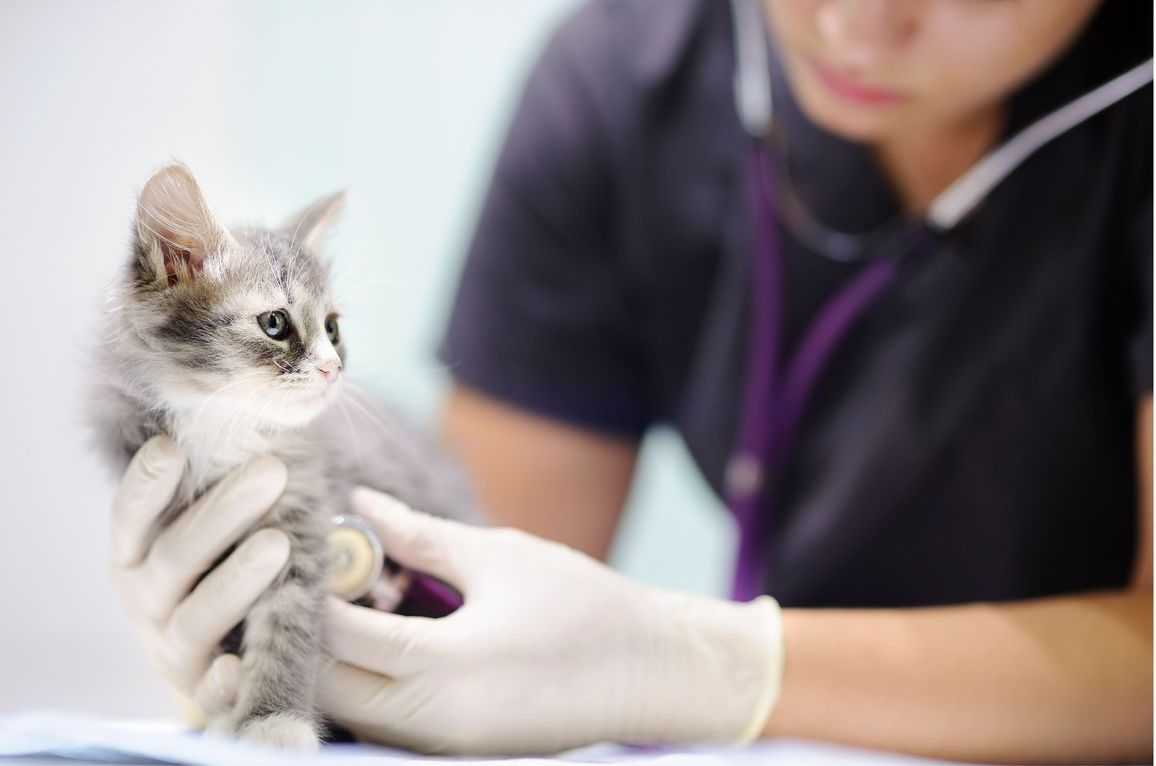
EXOTIC PET CARE

Primary & preventive care
Regular Health Exams: Routine check-ups to monitor overall health and address any issues early.
Vaccinations: Specific vaccines for certain exotic species, if applicable (e.g., ferrets).
Parasite Control: Regular screening and prevention for parasites like mites and intestinal worms.
Nutritional Guidance: Custom diet plans to meet unique species requirements.
Beak, Nail, and Teeth Maintenance: Routine care for overgrowth in birds and small mammals.
For surgical services, schedule a consultation with our veterinarian!
Did You Know? Birds’ respiratory systems are so sensitive that fumes from common household items—like non-stick cookware, scented candles, and aerosol sprays—can be harmful or even fatal. Keeping a bird-safe environment means choosing pet-friendly alternatives to protect your feathered friend’s delicate respiratory system!
FAQS
What should I feed my exotic pet to ensure proper nutrition?
Exotic pets have unique dietary needs that differ from traditional pets. Our veterinary team can provide tailored dietary recommendations to meet the specific requirements of reptiles, birds, small mammals, and other exotic species.
How often should my exotic pet have a check-up?
We recommend annual exams for most exotic pets, though some species may benefit from more frequent visits. Regular check-ups are essential to monitor health and detect any potential issues early.
Do exotic pets need vaccinations?
Some exotic pets, such as ferrets, may need vaccinations, while others may not. Our veterinarians can guide you on the appropriate preventive care based on your pet’s species and health needs.
What are signs that my exotic pet might be sick?
Exotic pets often hide illness, so subtle signs like changes in eating habits, weight loss, lethargy, or unusual behavior may indicate health issues. Contact us if you notice anything unusual to ensure timely treatment.


